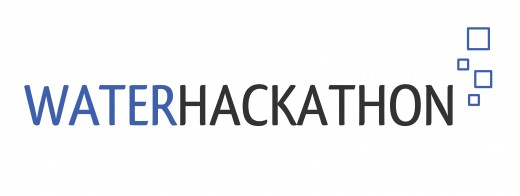Society, Culture, Religion and History
Report of the committee on slum statistics/census - Ministry of Housing and Urban Poverty Alleviation
Posted on 29 Oct, 2011 04:12 PMThis report by the Ministry of Housing and Urban Poverty Alleviation, Government of India, is the outcome of the deliberations conducted by the committee on slum statistics/census constituted by the Ministry of Housing and Urban Poverty Alleviation in the context of the realisation that there continues
Towards drinking water security in India: Lessons from the field – A report by Water and Sanitation Program
Posted on 29 Oct, 2011 11:33 AM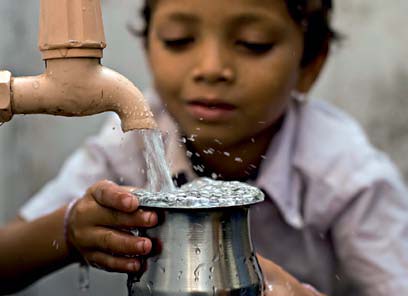 This report by the Water and Sanitation Program of the World Bank provides an account of the field level initiatives on drinking water security in India. The country faces many challenges in ensuring reliable, sustainable safe drinking water supply to rural households.
This report by the Water and Sanitation Program of the World Bank provides an account of the field level initiatives on drinking water security in India. The country faces many challenges in ensuring reliable, sustainable safe drinking water supply to rural households.
Though, in terms of provision of safe drinking water, more than 90 percent of the rural households have been covered, according to the NSSO 65th round survey 2008-09, much remains to be done to improve levels of service delivery, water quality and sustainability.
Decentralised treatment and recycling of domestic wastewater - An integrated approach to water management - A pilot project - CPCB (2008)
Posted on 27 Oct, 2011 10:32 AMThis report by the Central Pollution and Control Board (CPCB) describes the various intervention measures chosen to reduce the ecological footprint of the Sangamam housing project at Auroville. These measures include water harvesting, recycling and waste management.
India’s sanitation for all: How to make it happen – A discussion paper by Asian Development Bank
Posted on 26 Oct, 2011 10:40 AM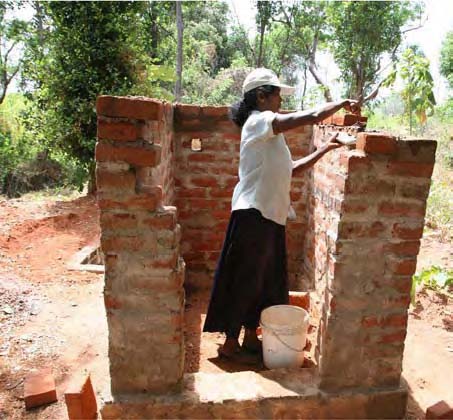 This discussion paper by the Asian Development Bank (ADB) examines the current state of sanitation services in India and offers recommendations that can help key stakeholders work toward universal sanitation coverage in India.
This discussion paper by the Asian Development Bank (ADB) examines the current state of sanitation services in India and offers recommendations that can help key stakeholders work toward universal sanitation coverage in India.
Providing environmentally-safe sanitation to millions of people is a significant challenge, especially in the world’s second most populated country. The task is doubly difficult in a country where the introduction of new technologies can challenge people’s traditions and beliefs.
This discussion paper examines the current state of sanitation services in India in relation to two goals—Goal 7 of the Millennium Development Goals (MDGs), which calls on countries to halve, by 2015, the proportion of people without improved sanitation facilities (from 1990 levels); and India’s more ambitious goal of providing “Sanitation for All” by 2012, established under its Total Sanitation Campaign.
Piloting Knowledge Swaraj - A hand book on Indian science and technology - KICS
Posted on 24 Oct, 2011 04:23 PMThis hand book on Indian science and technology was produced at the end of a project entitled “Science, Ethics and Technological Responsibility in Developing and Emerging Countries” (SET DEV) by Knowledge in Civil Society (KICS). The project aimed at:
- Activating processes of building institutional capacities and skills on science,ethics and STR socialization
- Defining and understanding perspectives of socialization of science and technology that take into consideration local needs in a multilateral dialogue.
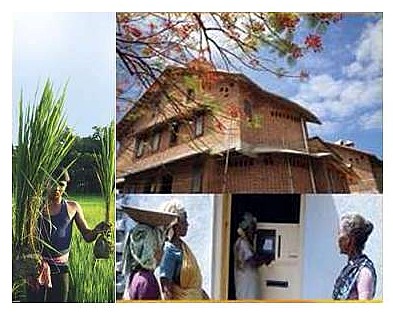
Live feed: WSSCC Global Forum on Sanitation & Hygiene - 9-14 October 2011, Mumbai
Posted on 13 Oct, 2011 10:22 AM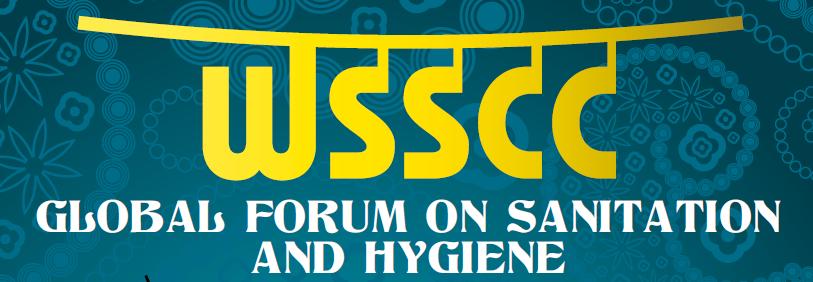
We all know the statistics: 2.6 billion people around the world are without access to a basic toilet. Diarrhoea – the vast majority of it due to poor sanitation and hygiene – is the second biggest killer of children worldwide.
Between us, we also have many of the answers. We have experiences of low-cost technologies that are acceptable and affordable for poor communities in rural areas. We have been involved in designing communications programmes that have contributed to sustained behaviour change.
We have seen governments and civil society working together to set up policies and programmes that ensure access to better sanitation in challenging settings, such as crowded informal settlements in fast-growing megacities. We have also seen businesses grow up around sanitation and hygiene, allowing individuals to make a dignified living and clients to buy the sorts of products and services they want and need.
Social exclusion and policy recommendations for the 12th Plan - WASH News and policy update
Posted on 11 Oct, 2011 09:52 PMContent courtesy: India WASH Forum
Thirupporur and Vadakkuppattu: Eighteenth century locality accounts – A report by Centre for Policy Studies
Posted on 10 Oct, 2011 08:26 PMThis research monograph on Thirupporur and Vadakkuppatu: Eighteenth Century Locality Accounts, prepared jointly by the Centre for Policy Studies, Chennai and Tamil University, Thanjavur, presents a graphic picture of the society and polity of eighteenth century Tamil Nadu.
State-level consultation on PESA, Agragamee, October 11 & 12, 2011, Bhubaneswar
Posted on 08 Oct, 2011 05:38 PMContent courtesy: OpenSpace
Organization: Agragamee
![]()
Agragamee, which means, "pioneer", is a group of activists and thinkers committed to working with marginalized and underprivileged communities in the tribal districts of Orissa, in India. Our efforts at initiating a people-centred development have combined an issue-based approach with programmes for socio-economic development.






